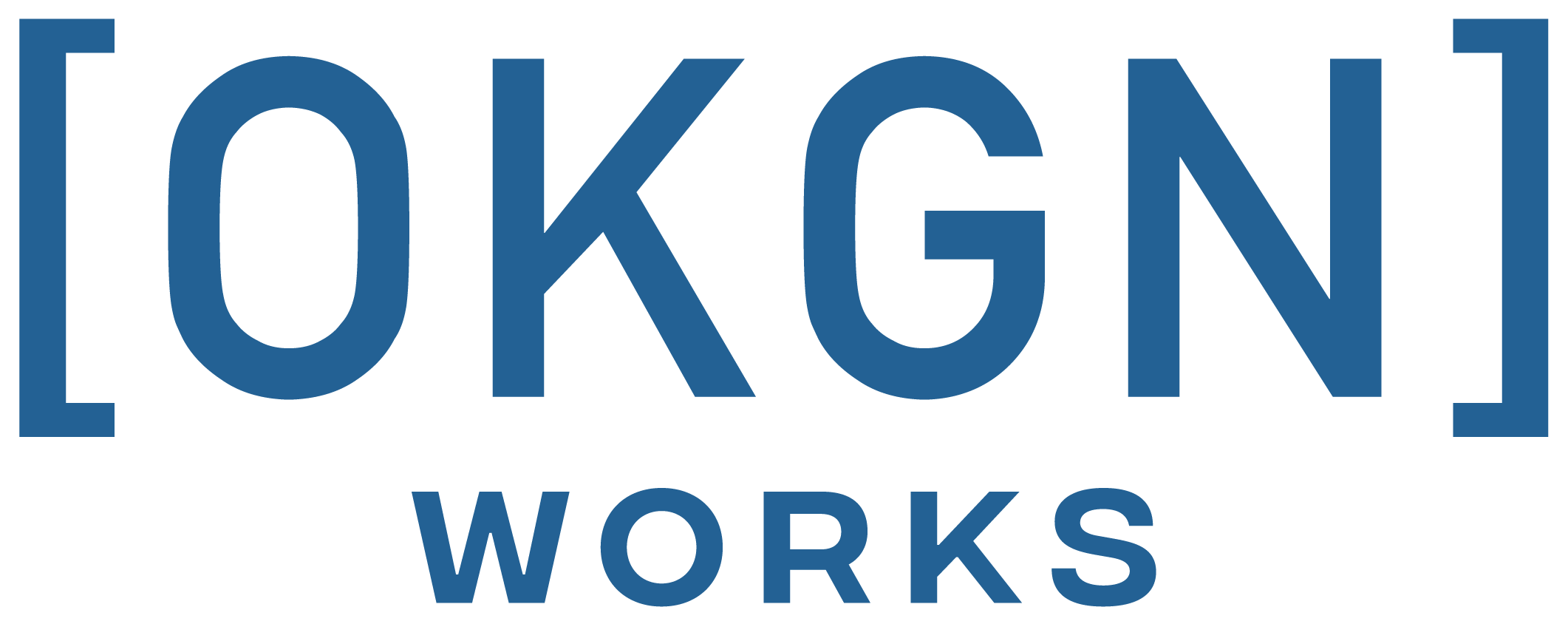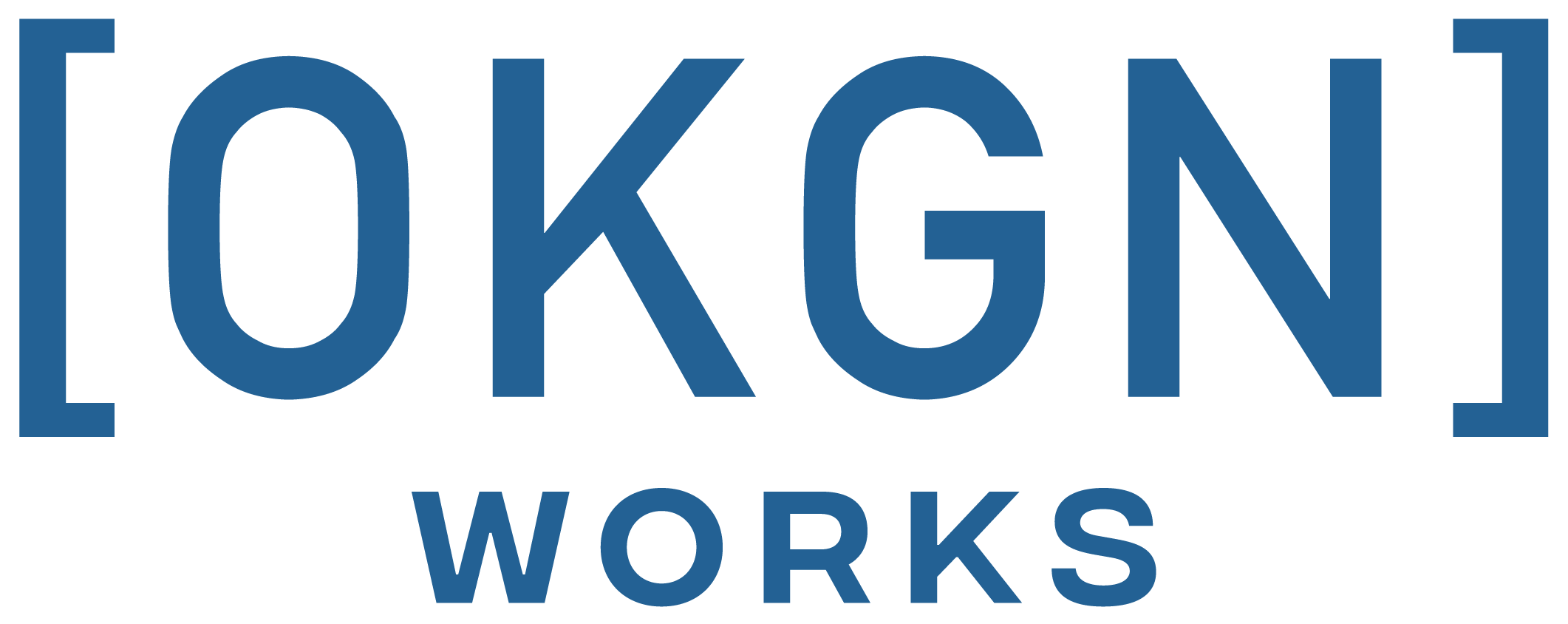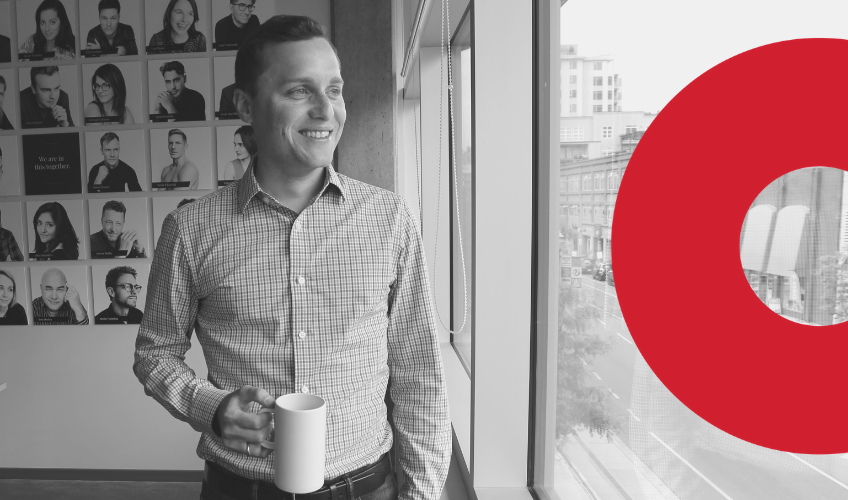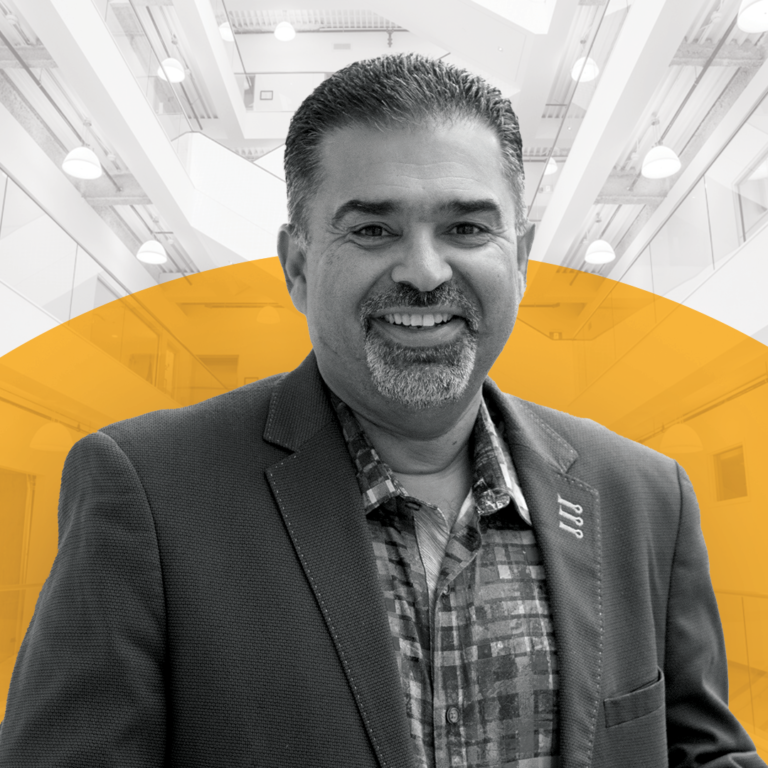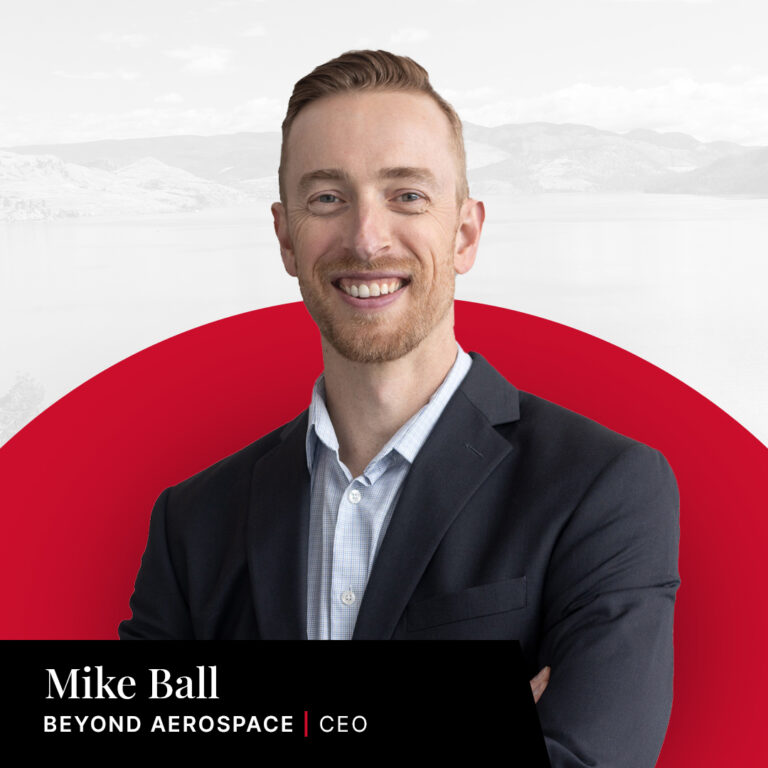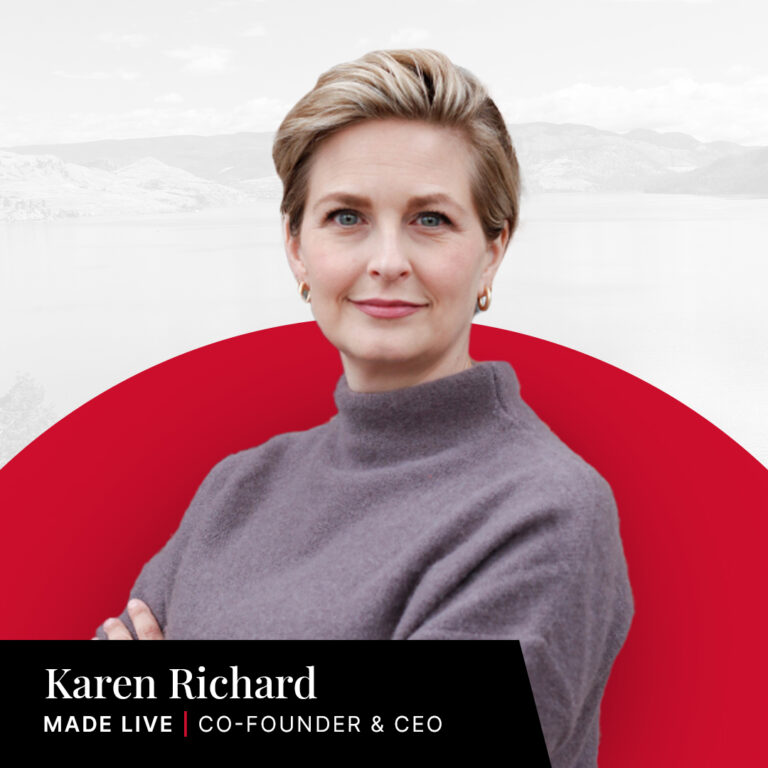
The problem is, running an evidence-based practice and implementing a consistent measurement process can be both difficult and time-consuming. Canadian tech company, Greenspace is trying to change all that by making this process easy for therapists and more engaging for clients.
Greenspace, a progress management platform, is designed to ensure both therapists and patients can regularly track progress and monitor results over time. “Our mission is to improve the mental health system not only in Canada but globally,” says Kelowna-based Founder and CTO, Mike Lerner. “My Mom was diagnosed with bipolar disorder a number of years ago and I have seen the challenges of navigating the healthcare system first hand”.
The fact is, everyone on the Greenspace team has a friend or family member affected by mental health issues and this has inspired them to be a part of building a new tool using skills and technology that will ultimately change how patients and therapists navigate the process of working together.
We recently caught up with Mike to learn more about what inspired him to become an entrepreneur, the challenges he faces running a startup, and why he can’t stop loving OKGNtech.
What inspired you to start your own business?
Growing up in Israel, I had a lot of exposure to entrepreneurship. There were a lot of new immigrants starting new companies as a way to make a new start. It was just a part of how I grew up. My dad is an entrepreneur and has his own business so I grew up seeing that.
I’m passionate about applying technology in places in order to solve problems that I can see, problems that my friends or family are struggling with. Anytime I see people having an impact through technology and actually improving people’s regular life, those are the things that get me excited!
Where does your passion for technology come from?
Both my parents were engineers. When I was 8 or 9 I remember my Dad opened up this desktop computer and showed me all the internals. I learned what the motherboard was and how the processors worked. I was exposed to that from an early age and it wasn’t long before I was coding. I enjoyed it from day one.
Where did you do your formal training?
I got my Computer Engineering degree from Queen’s University in Kingston and from there took a job in telecom. Telecom was a much more traditional kind of vertical industry and I spent most of my time working on routers. It wasn’t long before I started building out Android and IOS apps on the side. My first major app was a game called Tiny Tanks and it actually had over a million users. Building apps got me into the mobile space, and then into web development.
Is Greenspace your first Startup?
No! When I left telecom, I tried building a few of my own startups. Those startups didn’t go so far and so I joined 500 pixels, a Toronto-based photography community with over 10 million users. They have since been acquired but when I started there were 20 people working there and we quickly grew to 60 people in just shy of a year. I got to see the inside of a Silicon Valley type company and how it operated at a later stage. I have taken a lot of those learnings and applied them to what we are doing at Greenspace.
Did you know a lot about the mental health space before launching Greenspace?
None of the three founders have a mental health background so we were pretty naive to the industry and how therapy was delivered when we first started out. We actually spent a lot of time talking to users and getting feedback before we started building anything. Our initial idea was to build a teletherapy occupation so like remote therapy and trying to make that easier, but when we started talking to providers it became clear that the ones that were still administering therapy in person weren’t into changing that, and the ones that did see their clients remotely already had the tools. So there wasn’t really a clear need there, but one of the small features we were kind of pitching was the ability to track how patients are doing in treatment using an evidence-based approach. And this part really resonated with everyone that we spoke to, so we decided to make that the core of the product.
How did you know you had found a viable product?
This hasn’t been a one time exercise. All along the way, there has been a need to prioritize all the opportunities we’ve had in front of us. It is so important to be as strategic as possible at this stage of the company. As an example, we continue to have opportunities in Canada to grow aggressively with provincial health ministries. This would allow us to do much larger deals with shorter sales cycles. However, we don’t want to bet the company on that alone, so we need to first establish a more repeatable growth engine so we’ve chosen to focus on the US market.
What makes the Greenspace culture unique?
I think we try our best to not overwork ourselves day-to-day. It’s important for us to have a good balance with our work style. We really try to prioritize working on the right thing strategically long term, as opposed to killing ourselves and working crazy hours in the short term. We know it’s a long term game so it’s gotta be sustainable. We built this mentality into the culture from day one.
Why is mentorship so important to you?
Learning from other’s mistakes and applying that to our own company is a much less costly way to come to the best solution or decision to do something. Mentorship is just a good process for transferring knowledge and experiences. It’s really hard to read from a textbook or a blog article, but to really get somebody’s advice in the context of your business is invaluable. Being able to piggyback on their past experiences and learn from their mistakes allows you to come to the best solution much quicker than you would on your own. For entrepreneurs who have not received mentorship, I would recommend to get out of the building and really seek external advice and validation and to really be open to it. When you’re truly open to like external feedback, and you’re not just sitting on your idea the changes and improvements can be really drastic. Mentorship can impact your business by broadening your perspective to ideas that you may not have considered.
As a founder, what do you do to ensure you stay in good mental health?
I really try to be deliberate about where I am moving long term and what I am spending my time on. Early on in my career, I put a lot of time into learning new areas or getting into the tech community, outside of my day job. I invested that time early on because I knew would be impactful later. However, it can be stressful to manage your personal relationships, your life, and being a founder, so It’s important to be mindful with the consequences. I try to be very intuned with that. That means managing day-to-day stress and things like that. Staying in tune with my productivity and my personal well being is key.
Why is community such an important part of building a business?
I think it’s really important for not just the entrepreneur but for all employees to see community as a source of fresh ideas and different or new ways of doing things. I always encourage our entire team to attend different tech events and I think there is a clear difference between teams who do that and teams that don’t.
Being connected in the community makes it much easier to hire people and even gain perspective on projects and feedback. Almost everyone I have ever reached out to is willing to meet for coffee and just bounce some ideas around. I try to do this on a regular basis and I also try to give back in the same way to others that could use our help. It’s the power of networking! You never know where these relationships or connections will go.
